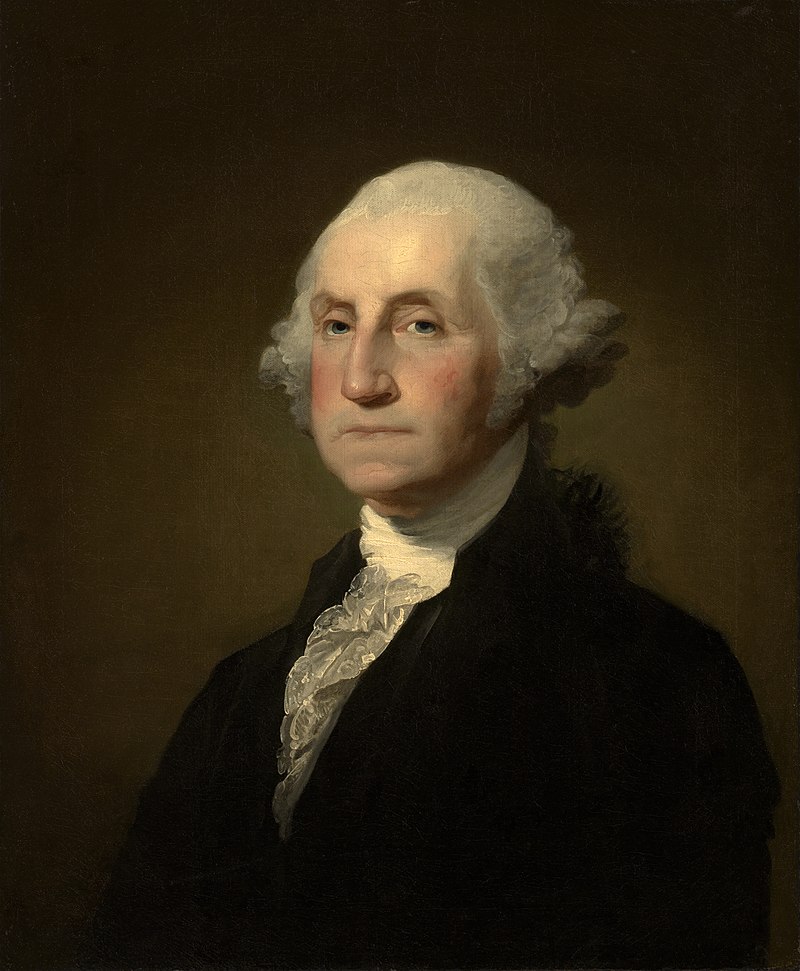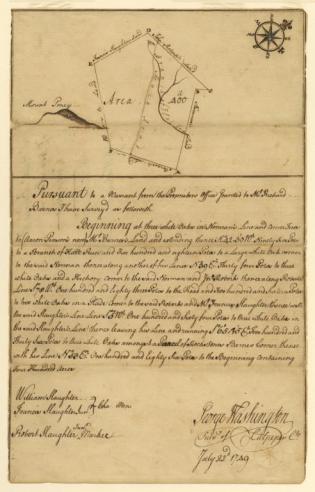Before he became the legendary military leader and the first President of the United States, George Washington had a humble and pivotal career as a surveyor. This early profession not only shaped his understanding of the American landscape but also laid the groundwork for his future leadership and land ownership.

Washington’s interest in surveying began in his youth, influenced by his family’s connections to the land and the profession. At the age of 15, he received his first surveying tools as a gift from his half-brother Lawrence, who was also a surveyor. This gift marked the beginning of a career that would take Washington across the Virginia wilderness and shape his view of the world.
George Washington (1732-1799), born in Virginia, was a key figure in American history, serving as both the Commander-in-Chief of the Continental Army during the American Revolution and the first President of the United States. His early career as a surveyor provided him with valuable skills and experiences that shaped his leadership abilities. Washington’s military prowess, political acumen, and commitment to democratic principles laid the foundation for the United States as a nation, and his legacy continues to inspire generations.
Surveying Career of George Washington

By the age of 17, Washington had been officially licensed as a surveyor by the College of William & Mary. He embarked on his career with enthusiasm, quickly gaining a reputation for his accuracy and diligence. His work primarily took place in the Shenandoah Valley and western parts of Virginia, areas that were largely uncharted at the time.
Washington’s surveying expeditions were not just about mapping land; they were also adventures into the unknown. He faced the challenges of wild terrain, harsh weather, and interactions with Native American tribes. These experiences honed his skills in leadership, navigation, and survival, qualities that would serve him well in his military and political career.
Washington’s surveying work was significant on multiple levels. Professionally, it provided him with a steady income and allowed him to acquire substantial land holdings, which were a mark of wealth and status in colonial society. His surveys were instrumental in the development and expansion of settlements in western Virginia, contributing to the economic growth of the region.
Moreover, his experiences as a surveyor gave Washington a unique perspective on the geography and resources of the colonies. This knowledge was invaluable in his military campaigns, particularly during the American Revolutionary War, where his understanding of terrain played a crucial role in several key victories.
Legacy

While George Washington is remembered primarily for his roles as a military leader and the first U.S. President, his surveying career was a foundational part of his life and achievements. It was during these early years that he developed many of the skills and characteristics that would make him a respected figure in American history. His legacy as a surveyor is a reminder of the diverse talents and contributions that shaped the nation’s founding.